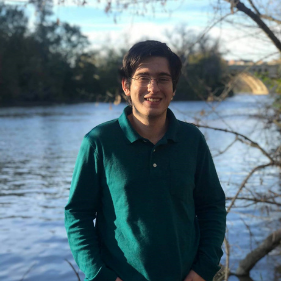I have never questioned or doubted my Shabbat observance.

“I would define myself as a Conservative Jew but probably more toward the more religious and observant end of Conservative Judaism. And that was always how I was raised — not using electronics on Shabbat or holidays, keeping kosher, going to shul every Shabbos, every yom tov…In our house, that’s how it was. There was never a fight about watching TV on Saturday mornings. It was never on the table. It was never an open question…I was observing kashrut and Shabbos for as long as I can remember so it became second nature to me. I was going to shul every week so I became well-acquainted with services and ritual…That was the baseline when I came into college.
“The thing I was more scared about going to college than anything was what Jewish life would look like. That was the existential crisis I had the day before leaving. I’d grown so comfortable with our synagogue and the idea of doing the holidays somewhere else…was really very nerve-wracking, not knowing if I would find any kind of observant community…There’s this perception, largely accurate, that college kids are not particularly observant…I was really concerned about finding a synagogue that could be a home for me.. and some type of observant community at school…I was worried I was going to be left out or stuck on my own on Shabbos…There are certainly times when it’s been an inconvenience, but an inconvenience is not enough of a reason to stop observing something that’s incredibly important to the structure of my week, the structure of my life and my understanding of Jewish observance and Jewish obligation. I have never questioned or doubted my Shabbat observance.
“I’ve been talking to GW Hillel about that because GW Hillel is working on a new building, and a leader asked ‘What do you think should be our policy toward kosher food vs. non-kosher food in the building? What do you think should be our policy about no electronics on Shabbat in the building?’ And these are good conversations to have, and I’m happy to have them, and it shows me that the effort is being made…to include more observant students in programming. I won’t be around to see what comes of those discussions, but I’m hopeful.” — Zachary Bernstein, George Washington University